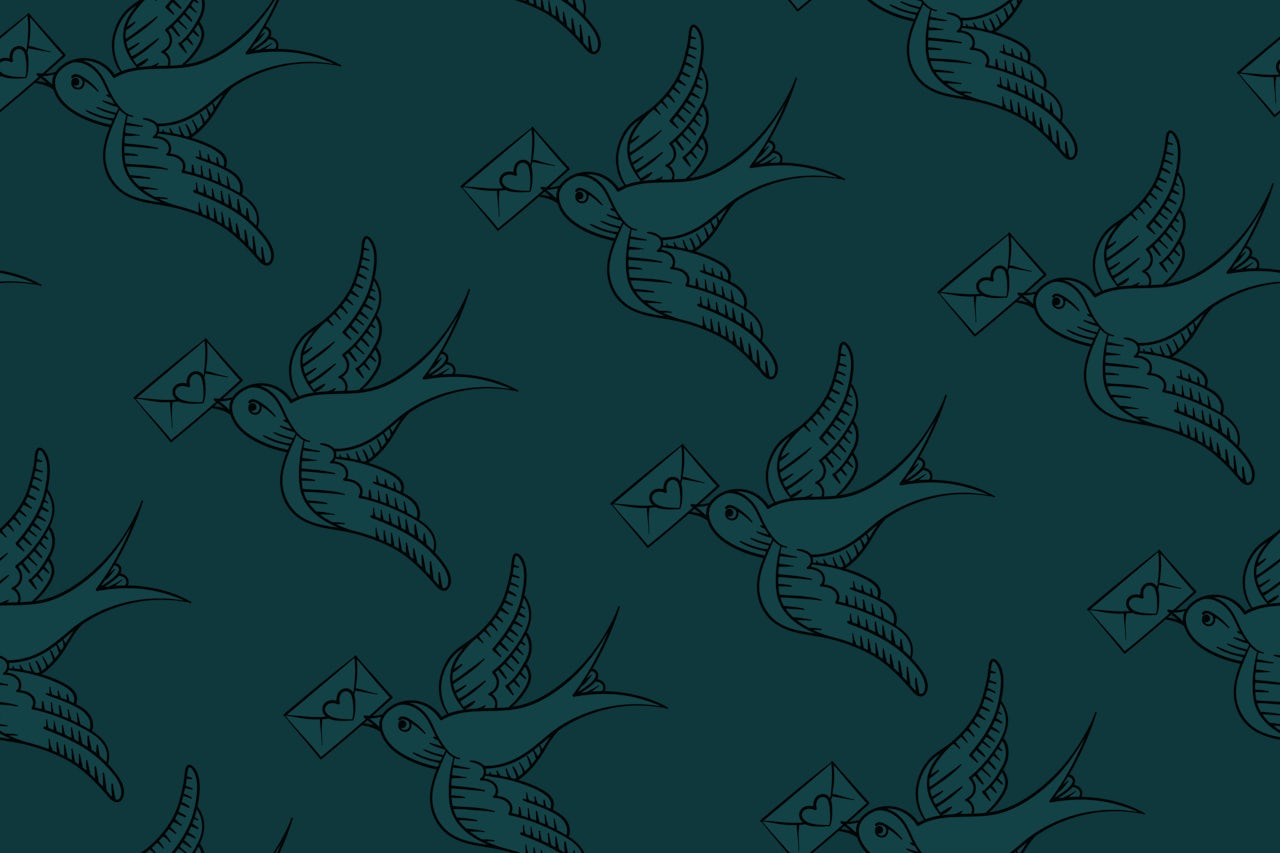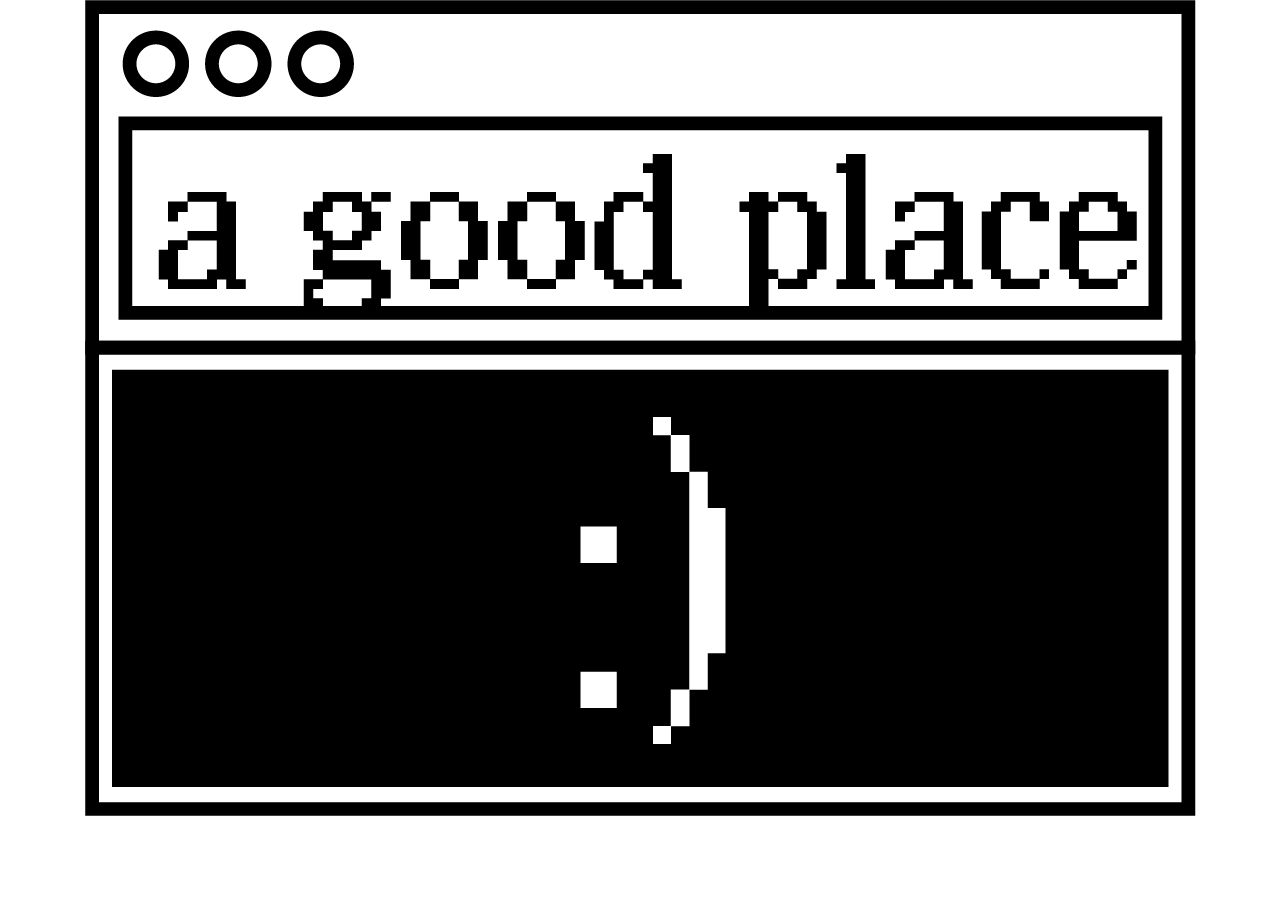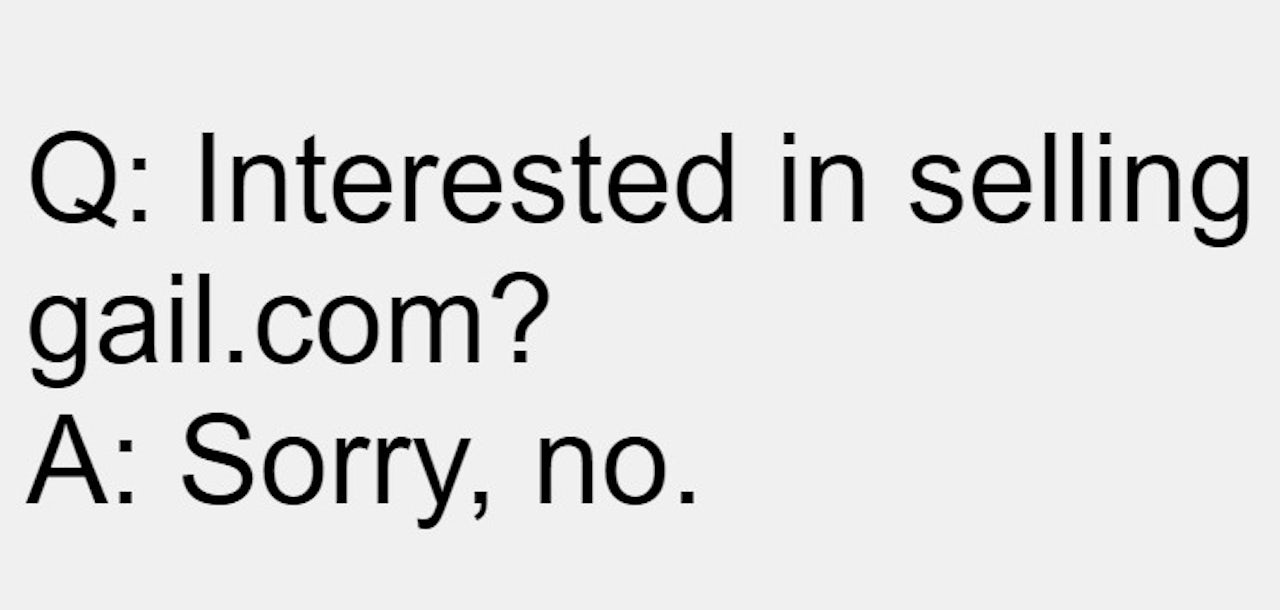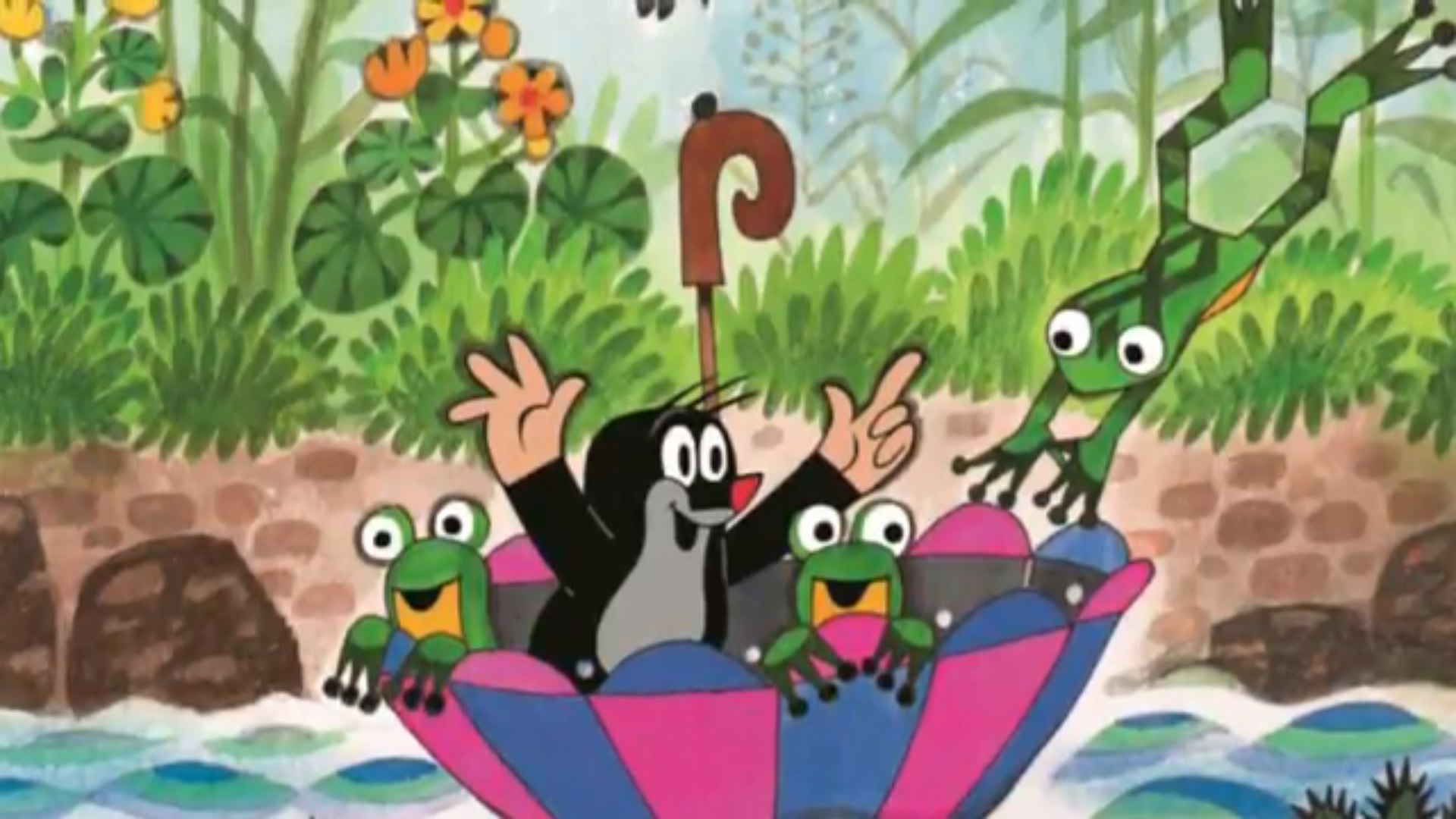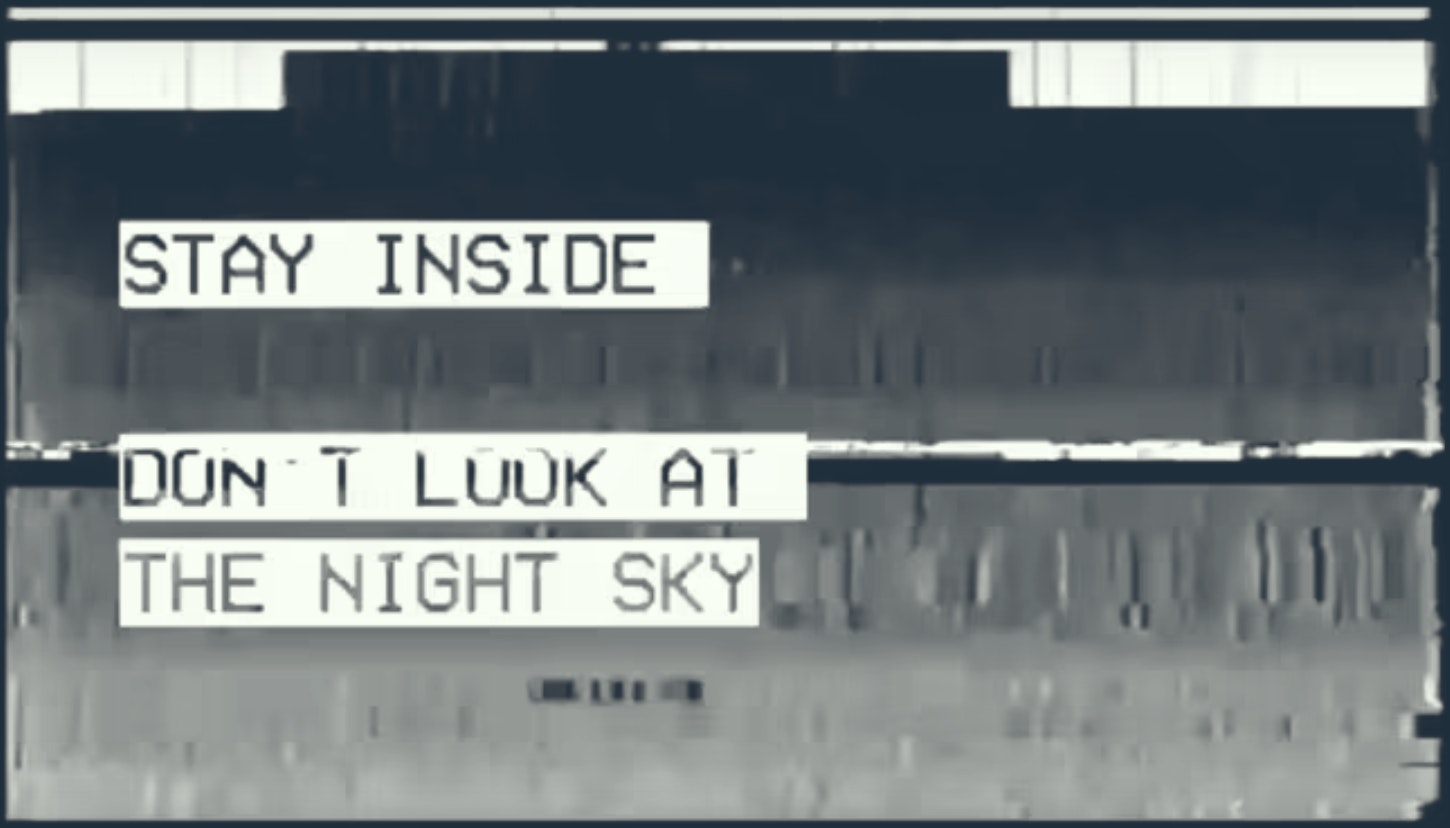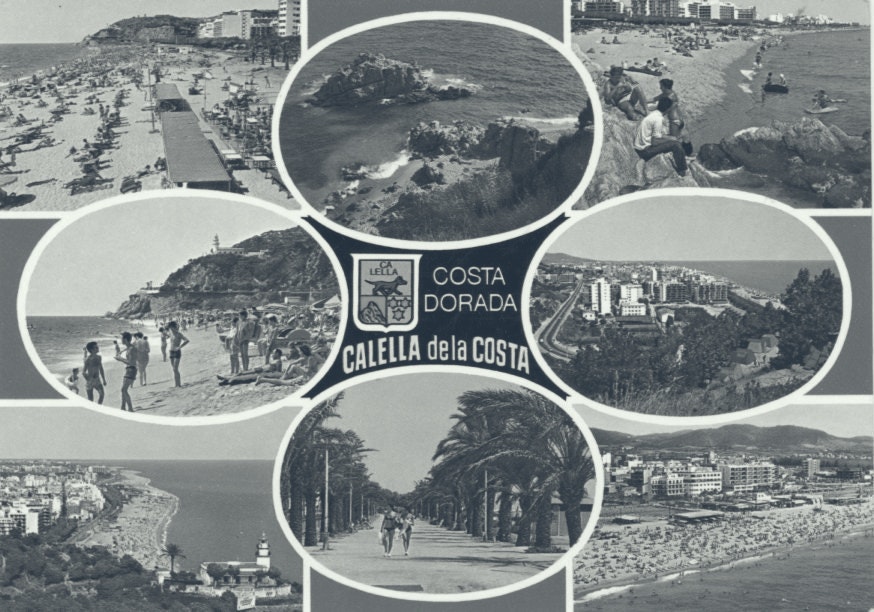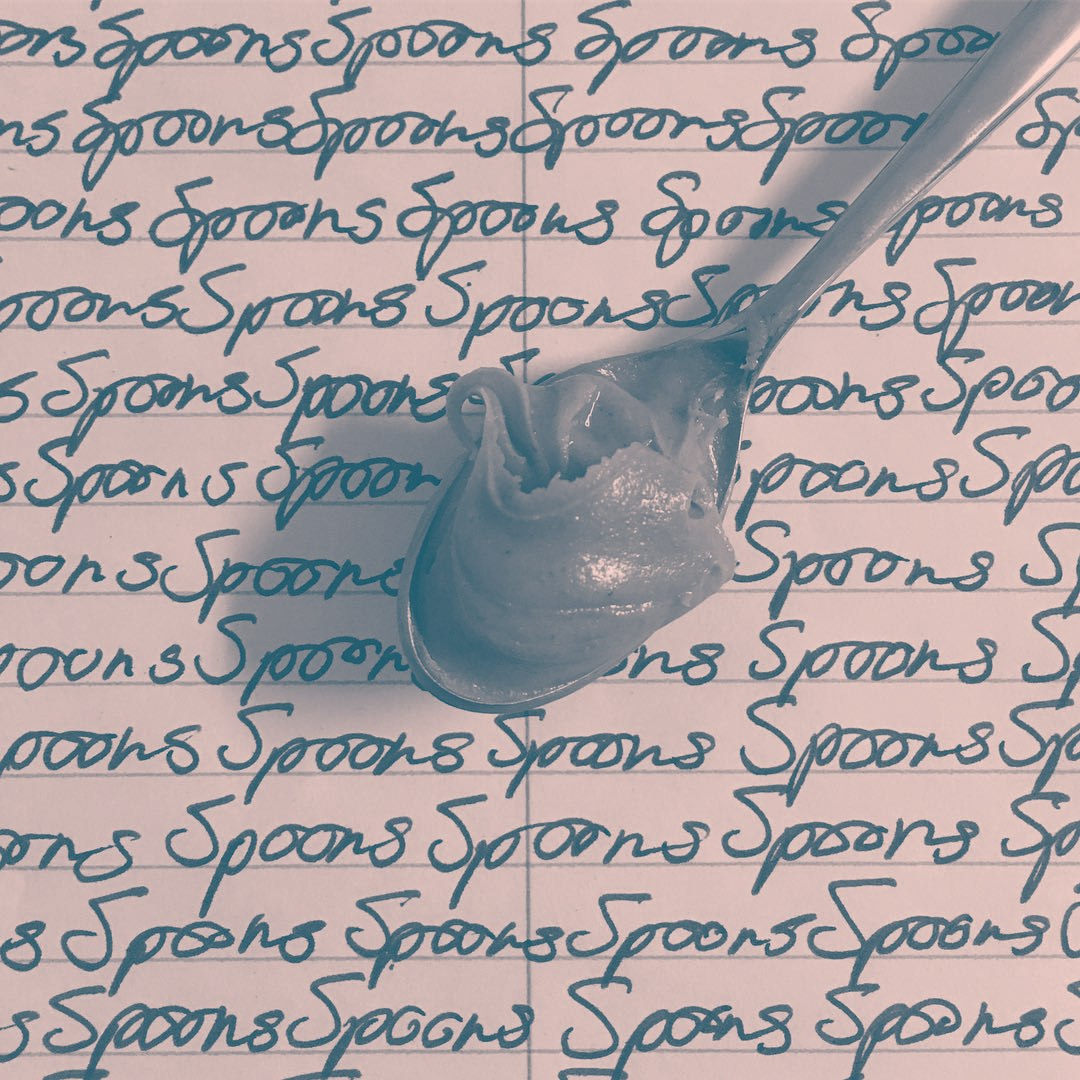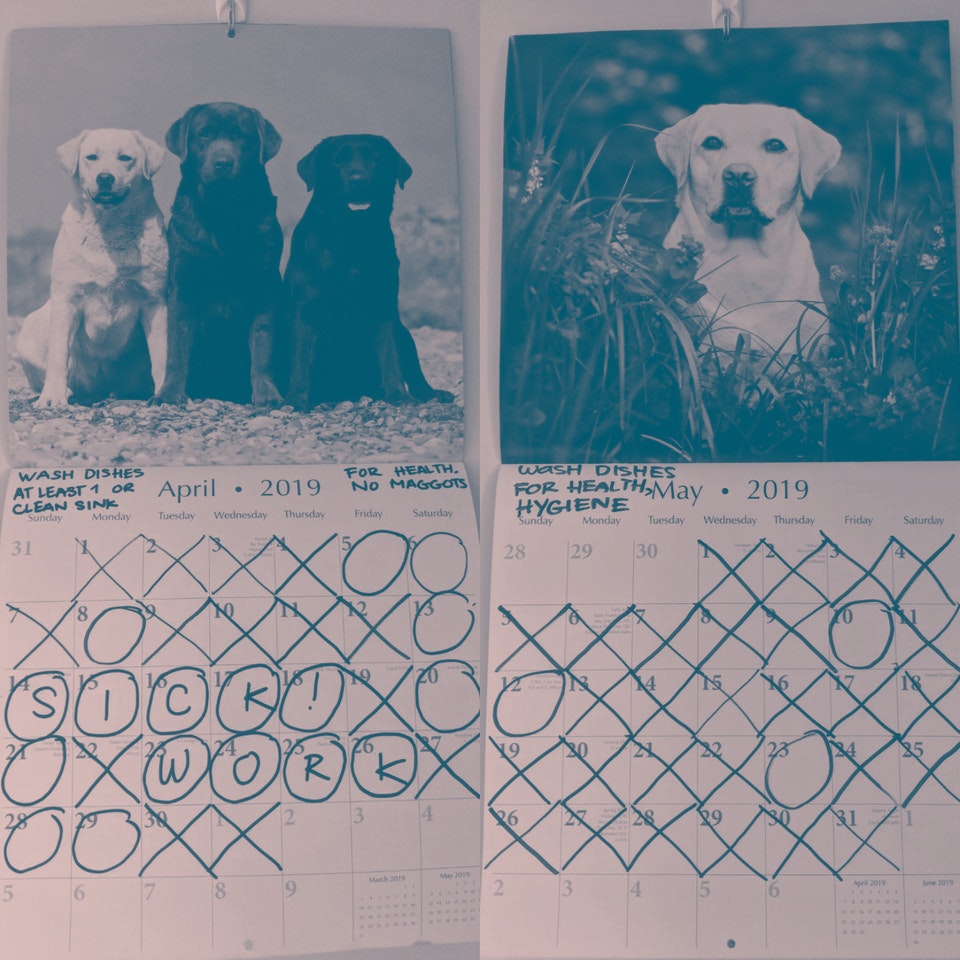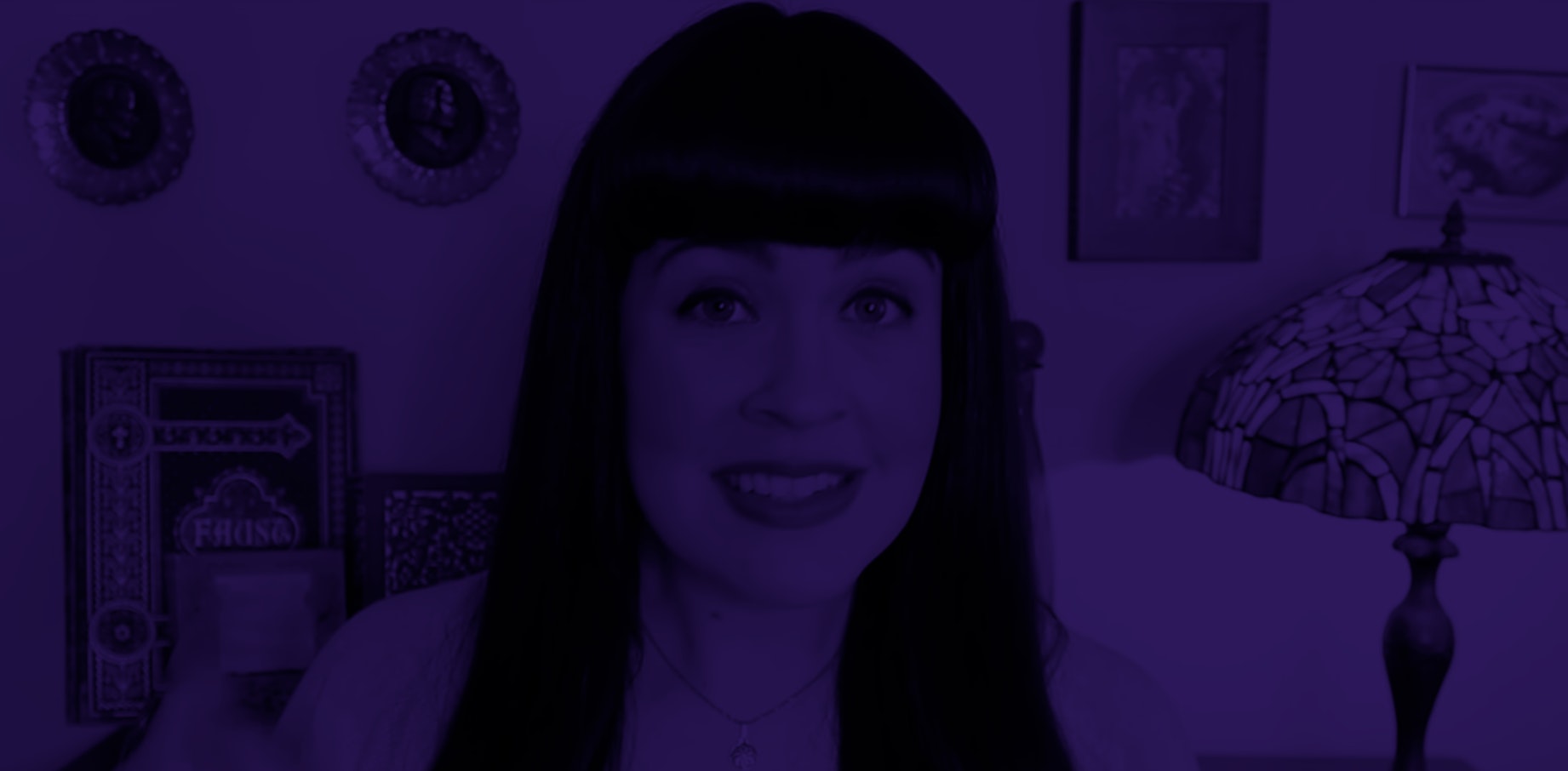but this place is just right.
Most accidents on the Internet are not pleasant. A slip of the finger can lead to a prematurely sent email, a text saying “shit” instead of “shot,” or private private photos becoming public. But sometimes, just sometimes, the same misstruck key or wayward click that can lead to a body-clenching shame can instead bring you to a true, reasonable, and wholly untainted piece of the web. That happened this past January to a coworker who was trying to reach his Gmail account, but accidentally forgot a crucial consonant. Amused, he shared his discovery on the office Slack thread: gail.com.
This domain, which consists solely of a very unflashy FAQ belonging to the eponymous Gail, says it received almost two million visits in 2015, 83 percent of which, she notes, “were from unique IP addresses.” Where those millions of unintentional visitors are landing is, in itself, another accident. The page’s nine simple, funny Q&As act as a historical guide: Gail’s husband bought her gail.com as a birthday gift in 1996, a present purchased eight years before the advent of Gmail. According to cached versions of the site on the Internet Archive, Gail.com spent its first 10 years of life as an under-construction page, finally going live 10 years later as a digital CV (more on that later).
1996 was a starkly different time for the internet. It was a hominid evolving at dial-up speed, only for things to suddenly go ape. The number of global internet users nearly doubled between 1996 and 1997, yielding an explosion of netizens all sharing, searching and looking to create their own online homes.
Around 2006, it seems, a ceramic tile manufacturing company out of Brazil, also called Gail, tried to take the domain name from her. The company argued in a World Intellectual Property Organization (WIPO) complaint that it had trademarked “Gail” in several Latin American countries, which gave it legal dominion over the name. Her name. The company accused Gail and her husband of having no “legitimate interest” in the domain and registering it in “bad faith” — nearly a decade previously — with the intent of “abusive practice[s].” It wasn’t right.
According to the court documents linked above, Gail and her husband fought back, alleging the complaint was an attempt at “Reverse Domain Hijacking.” WIPO agreed, stating that one cannot claim copyright over a common word or name, swiftly denying Brazilian Gail’s claim, securing a victory for generations of individual Gails in the process.
If you squint, Gail could be seen as squatting on her domain. The site has the potential to be lucrative given the hits it receives, but she refuses to convert the army of wayward Gmail users who stumble upon her page into cash through running ads on her site. But she is not a scammer in the vein of Domain Capital, which sat on prince.com in what Prince’s estate claimed was an attempt to capitalize off the singer’s name. On gail.com, though, a link to the homepage of the digital rights group, the Electronic Frontier Foundation (EFF), serves as her only “ad.”
Reading her FAQ and seeing the morals and levity that have guided Gail through the strange evolution of her website — from online CV to artifact memorializing her victory over corporate maraudeurs — is a much needed reprieve from the general sinkhole the internet has become. Which made me curious: is Gail’s page a statement? A finger in the eye of a stilted, capitalist system? Or someone simply wanting to exist freely on the web?
Gail hasn’t responded to my request for an interview, so I don’t know. Neither has her husband and co-respondent in the WIPO case, Kevin. A WHOIS search reveals that not only that Kevin was the 1996 registrar of gail.com, he is also the proud owner of kevin.org — another simple, straightforward page laid out in a style similar to his wife’s.
Kevin’s site details a career spanning from Google to NASA to SpaceX, the resumé of a man who has made technology his life. In that light, Gail’s gift is one that makes perfect sense. As for her site, a dive into the Internet Archive’s Wayback Machine shows that Gail.com played host to her CV from May to September of 2006, reverted to “under construction” status following the WIPO case, and in 2009, re-emerged in its current form as an FAQ page. Revealed on that CV, though, is the fact Gail worked at NASA, too. On the Mars Exploration Rover Project as a Telecom Operations Lead, to be precise.
I imagine that these domains, gail.com and kevin.org, were supposed to be the online equivalent of a matching pair of faded dolphin tattoos, etched into upper biceps while in Miami on a whimsical romantic getaway. In other words, his-and-hers reminders of sharing a place and time with one specific person. What isn’t a fantasy is that these domains also belong to people who know full well the goldmine they’re sitting on with gail.com, yet they’d rather direct you to the EFF than their wallets.
Whatever Gail’s reasons may be, they’ve had an effect. A search of “gail.com” on Twitter shows multiple instances a day of people following their typos to her site and sharing how they’ve been taken with its wholesome but firm aura. It’s become a small light shimmering in the darkness of our timelines, her page a pixelated diamond in the digital rough.
